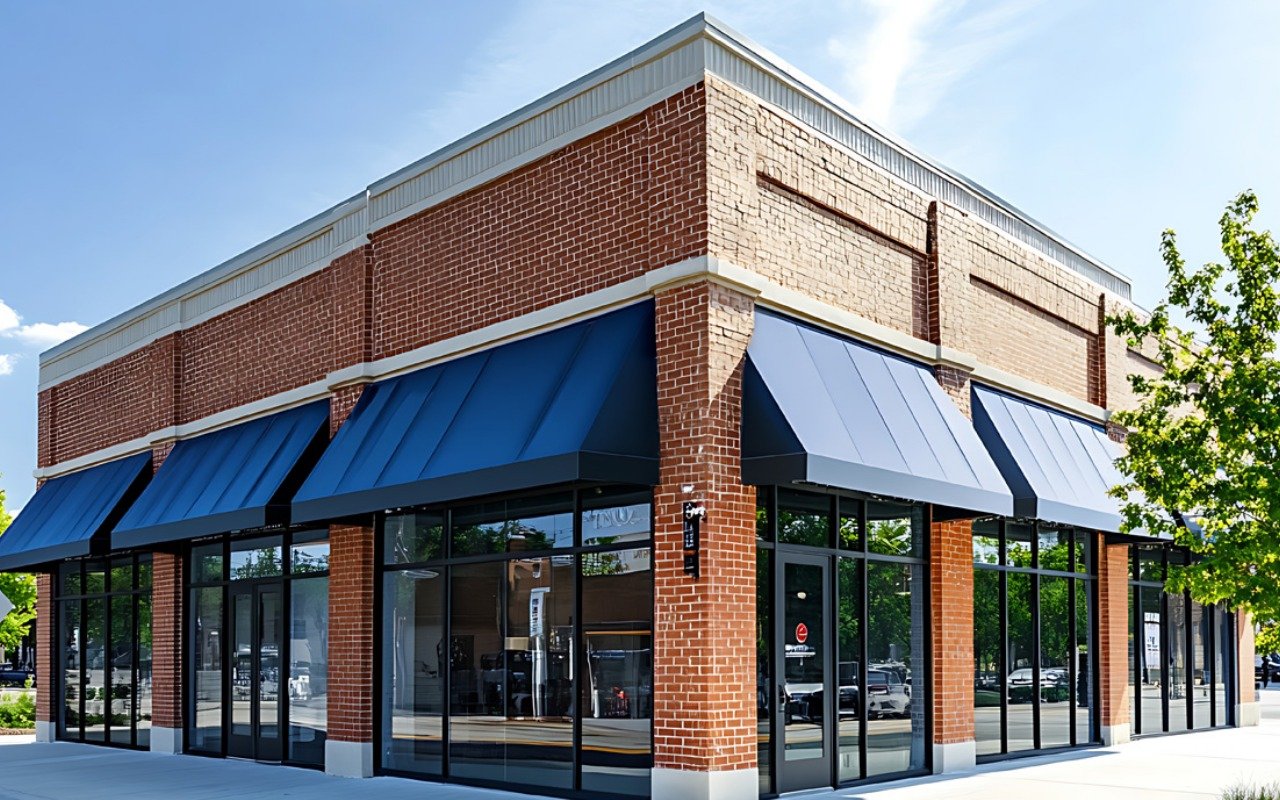
Commercial landlords and tenants should be aware of the tax ramifications when doing business in Florida. Florida stands apart from other states in that it subjects commercial real estate rental payments to a state sales tax and a discretionary surtax imposed by the counties where the rental properties are located. Both the sales tax and surtax apply to the total rent charged, which includes any and all consideration owed to the landlord for the right to occupy the premises.
Additionally, any payments the tenant makes, as provided for in the lease, are subject to the state sales tax and possibly a county surtax. Some examples include janitorial services, common area maintenance, customer parking, and payments made on behalf of the landlord—ad valorem taxes, insurance payments, and mortgage payments. The state imposes no limitation on the surtax amount counties can collect. Moreover, if the tenant chooses to sublease the commercial property – or any part thereof – the tenant is responsible for collecting the sales tax and surtax on any rent received. The tenant can either pay the landlord the collected taxes or pay them directly to the state.
Under Florida statute, certain properties are considered “exempt” from sales and surtaxes. For example:
- Properties assessed by the county property appraiser as agricultural
- Properties used exclusively as dwelling units
- Public or private street rights-of-way used by utilities or for transportation
- Properties leased or rented to nonprofit organizations or any governmental entity that is certified for exemption under Florida law
The Florida Legislature recently dropped the sales tax rate; as of June 1, 2024, it was reduced from 4.5% to 2%. The county surtax varies between 0.5 percent and one percent. If you are a commercial landlord or tenant and have any questions about buying or leasing a commercial property, let Kleiner Law Group help you. Contact us today.